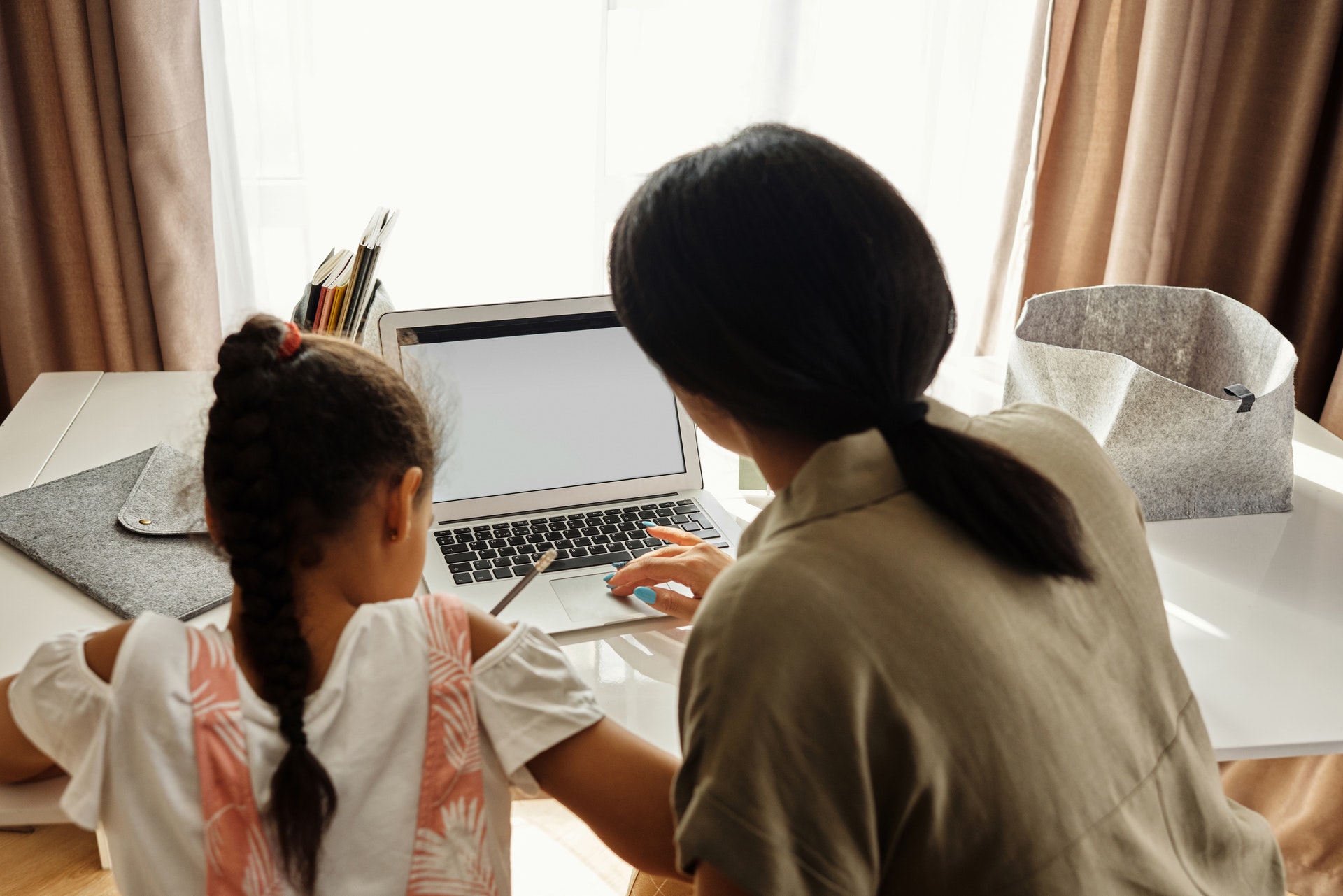The original version of this article was first published on inews by Joanna Whitehead.
From Monday, people who work with or care for children and young people will have access to a new online Psychological First Aid (PFA) training course aimed at providing practical and emotional support to those affected by the pandemic.
According to a Government statement, those completing the training will be equipped to “better identify those children that are in distress and provide support to help them feel safe, connected and able to take steps to help themselves during the pandemic or other crisis situations.”
It adds that getting the right support early on can help prevent problems occurring or worsening.
Upon completion, participants can expect to have a greater understanding of PFA and identify who may benefit most from support and how to offer this across different age groups.
The move follows rising concerns about the profound impact the pandemic has had on children and young people, with many reporting that they feel more stressed, worried and lonely.
Research published by the Mental Health Foundation and Swansea University in January found an increase in the number of teenagers who believe they are suffering from depression, with many feeling “anxious and irritable” during lockdown.
A study published by children’s charity Barnados in August 2020 revealed that almost a third (30 per cent) of more than 1,000 parents polled said that their children were often frustrated, with more than a quarter (28 per cent) saying they get angry more easily and more than one-in-five (21 per cent) saying they are sleeping less at times since the first UK lockdown in March 2020.
And a Barnardo’s survey of 4,000 British children and young people aged eight to 24 in June found more than a third are experiencing increased mental health difficulties during the coronavirus lockdown, such as loneliness, worry, sadness and stress.
A third also said they had more trouble sleeping, which could have a knock-on effect on schoolwork, behaviour and family life.
The training will be available for all frontline workers such as teachers, health and social workers, charity and community volunteers and anyone who cares for or is regularly in contact with children and young people aged up to 25, including parents and caregivers.
It’s free, takes about three hours to complete (split into three sessions that the learner can complete at their own pace) and no previous qualifications are required.
Clare Perkins, director of the Mental Health Programme at PHE, said: “The pandemic has caused significant disruption to all of our daily lives.
“Children are among the worse impacted, being stuck at home and not able to have the essential social interactions with their friends. Many young people are anxious and worried about their future in these uncertain times.”
She added that the globally-recognised training programme, which is designed to support people during or after a serious event, would “help professionals, volunteers, parents and carers better identify the signs of those who are struggling and give them timely effective support that is right for them – helping them feel safe and able to help themselves.”
Children and Families Minister Vicky Ford said the training was being introduced at an important time, and that it was “timely and necessary”.
NHS mental health director Claire Murdoch added: “It has been a tough year, but the NHS is here for children’s mental health, so anyone who is struggling should come forward for the help they need.”
The original version of this article was first published on inews.
Click here for information on Counselling for Children and Young People.





